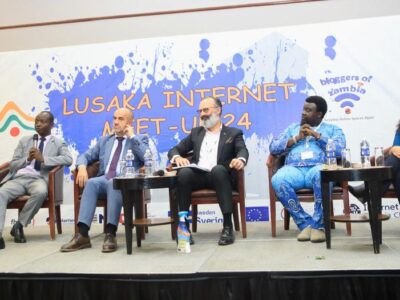Amnesty International has documented extensively ways in which technology contributes to the growing trend of human rights violations at borders.
In a new research briefing released Wednesday, it urged that states stop using such technologies until they could ensure their use did not violate human rights.
The briefing was dubbed “The Digital Border: Migration, Technology, and Inequality,” as reported by Allafrica news.
It outlined how the use of new technologies by both state and non-state actors in migration systems across the world increased the likelihood that the human rights of people on the move, including the rights to privacy, non-discrimination, equality, and to seek asylum, would be violated.
“The protection of human rights must not be sacrificed for the sake of private profit. States don’t have an obligation to private companies, but they do have an obligation to ensure that state and non-state actors alike respect the human rights of people on the move,” said Eliza Aspen, fellow with Amnesty International.
Read more: Musk anticipates job loss to Artificial Intelligence, launches Grok to compete with google, others
According to the briefing, many of the digital tools being used in the processing of movement of persons were developed, sold, and deployed by private companies, whose business models are often rooted in the extraction and accumulation of data for profit.
The report noted that the invasive nature of these technologies had serious ramifications for the wellbeing of people crossing borders to seek safety and the ability to exercise their right to seek asylum.
Furthermore, data intensive technologies used at and around borders, such as military-grade biometric sensors and drone surveillance, are also alleged to perpetuate further harm for displaced populations.
“Governments around the world must work to rein in unregulated development and deployment of harmful technologies and fulfil their obligations under international human rights law to protect the rights of refugees and migrants.
“”Companies that develop these technologies must incorporate safeguards into their use and conduct human rights due diligence and data impact assessments in advance of their deployment, not after abuses have already been committed,” Aspen said.
WARNING! All rights reserved. This material, and other digital content on this website, may not be reproduced, published, broadcast, rewritten or redistributed in whole or in part without prior express permission from ZAMBIA MONITOR.













Comments